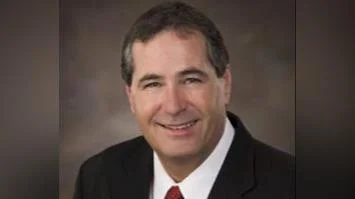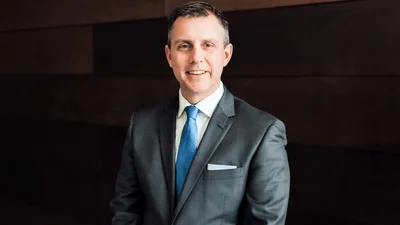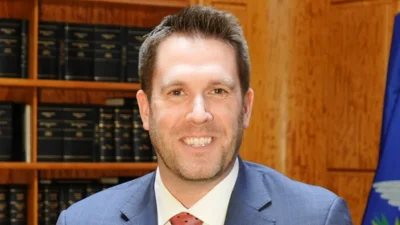Dirk Wilke Executive Director of Public Health for ND Health and Human Services | North Dakota Department of Health and Human Services
Dirk Wilke Executive Director of Public Health for ND Health and Human Services | North Dakota Department of Health and Human Services
During Children's Foster Care Month, North Dakota Health and Human Services (HHS) is emphasizing the importance of keeping children safe and families strong. The department is highlighting the services, programs, and individuals in North Dakota that support the advancement of stable, healthy families and communities.
Currently, 1,150 children in North Dakota are under the care of licensed foster care providers; 14% of these placements are with family members. An additional 180 children receive temporary care through Kinship ND. These caregivers play a vital role in ensuring children's safety and well-being until they can reunite with their families.
Everyone involved in the child welfare system has a crucial role in ensuring the safety, permanency, and well-being of children in care. This includes relatives, foster care providers, custodial agencies, juvenile court personnel, child welfare professionals, community service providers, and other partners who work together to provide services and support to families.
“HHS Children and Family Services is committed to supporting families so they can remain together or be reunited as quickly and safely as possible,” said HHS Children and Family Services Director Cory Pedersen. “Through collaboration, HHS along with human service zones, tribal nations and partnering agencies are continuously exploring new ways to keep families together while ensuring the safety and well-being of children.”
Pedersen explained that the state's child welfare system has found effective ways to keep families together safely through prevention efforts and active engagement with families.
Prompt casework allows for addressing what services families need to stay together. Title IV-E Prevention Services offers assistance for mental health issues, substance abuse treatment, recovery support, and educational training across the state. Professionals working with children are encouraged to submit referrals if they know of a child facing challenges at home.
When a child cannot safely remain at home with parents, child welfare workers engage with families to find a relative or someone close (fictive kin) who can provide temporary care. This placement helps maintain stability by reducing disruptions while strengthening family connections.






 Alerts Sign-up
Alerts Sign-up